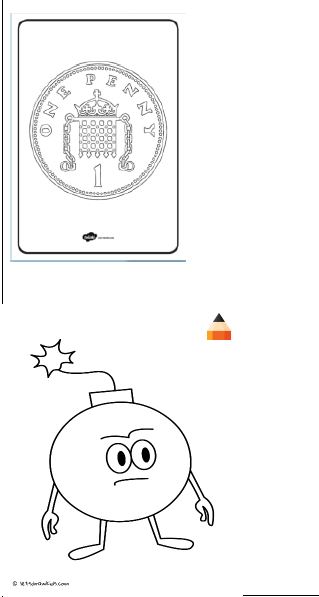Eva Martínez González
|
TOPIC: Vocabulary |
|
LEVEL: 1st and 2nd class |
|
NAME OF THE GAME: Brain Break |
|
OBJECTIVES: à Knowing different
parts of the body à Knowing different
actions such as clap, stamp, touch, jump … |
|
CONTENTS: à Knowledge of different
parts of the body à Discovery different
possibilities of movement of the parts of the body |
|
MATERIALS NEEDED/
APP USED TO CREATE THE GAME: à 1 or 2 dices à Sheets with all the
tasks |
|
DESCRIPTION OF THE
GAME AND RULES OF THE GAME: à A child has to
throw a dice or dices. Then, the number, which is on the dice, is the
activity, exercise (this activity is on the sheet and teacher has to check)
that children have to do. For example number 3: Children have to clap their
hands. à 2. Children have to stand on one foot. 3. Children have to clap their hands. 4. Children have to march like a soldier. 5. Children have to move using their right hand and the left leg. 6. Children have to crawl like a baby. 7. Children have to sway their hips. 8. Children have to stamp their feet while they are touching their head. 9. Children have to hug themselves. 10. Children have to move throw the lines with the gluteus. 11. Children have to walk stretching their arms forward. 12. Children have to move around the gym using 4 parts of their body. |
|
PICTURE OF THE GAME: |































